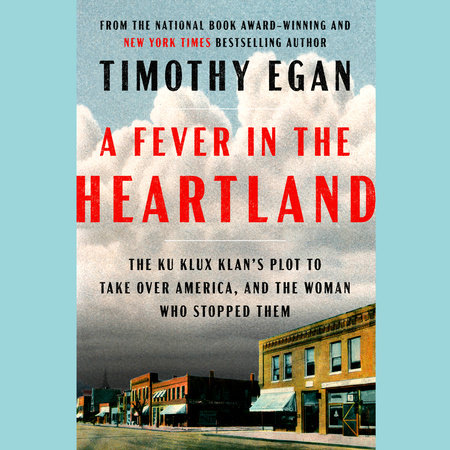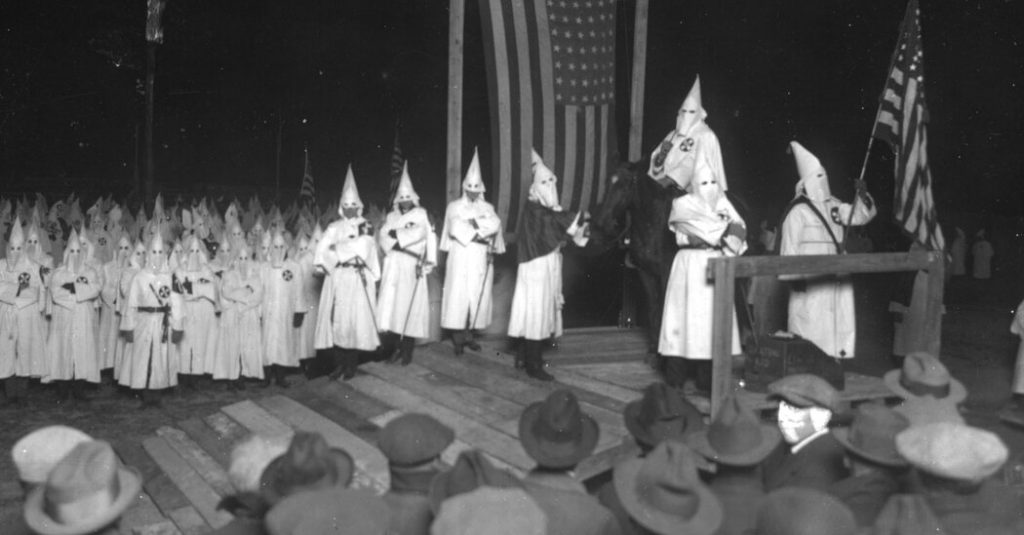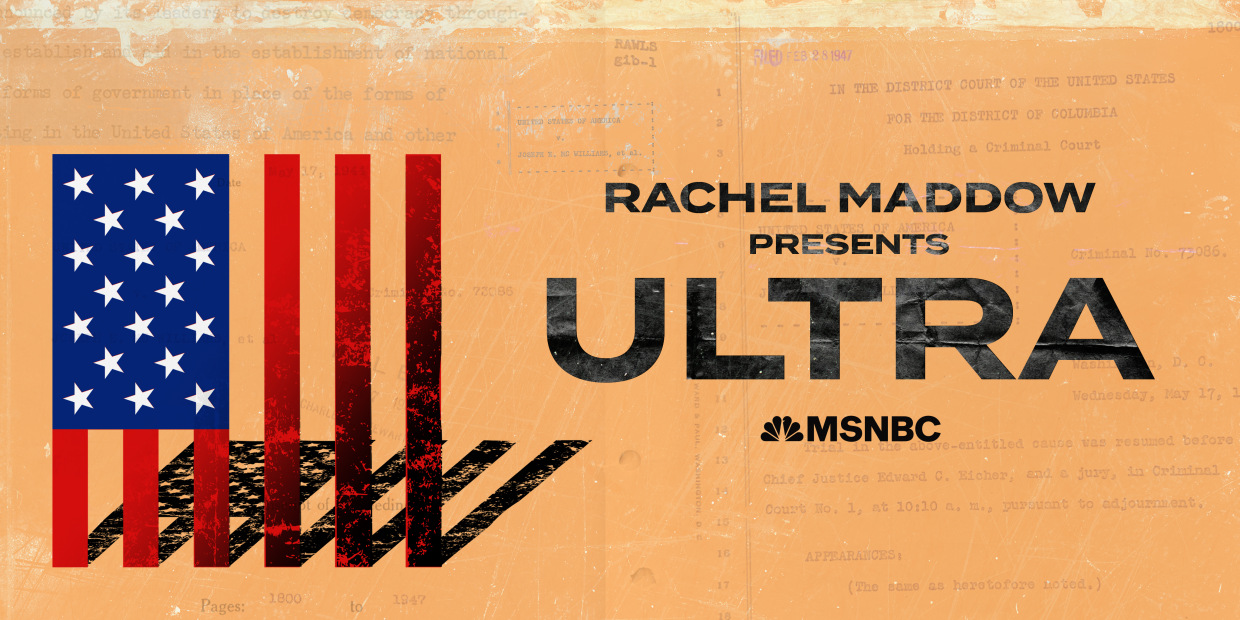
Not a book or, at least, not yet a book, but a podcast.
The genius of the production is that it is ostensibly a recounting of the hidden history of American duplicity and sedition during WW II, during which members of Congress in collusion with right-wing nationalists tried to abrogate American democracy, overthrow the Constitution, and install a fascist President.
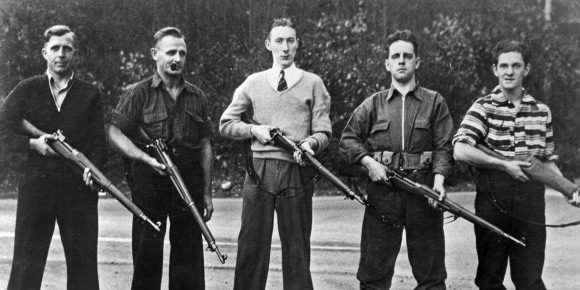
Armed insurrectionists, whipped up by pro-Nazi, virulently anti-Semitic, extremely popular media hucksters attacked Congress, American industries, and Jews.

Congressmen used their political privilege to distribute Nazi propaganda (while being paid by the Nazis to do so) to tens of thousands of their constituents.
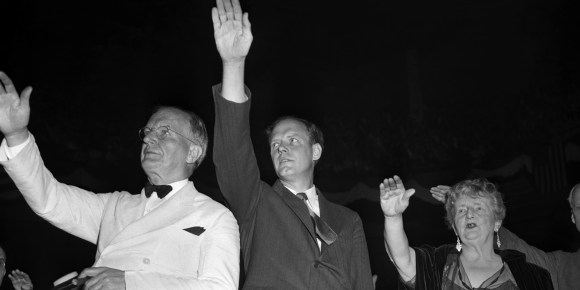
Every episode of this podcast is a masterpiece of storytelling and revelation of a chapter in America’s past most of us were unaware of. The value of the U.S. Justice Department’s ability to withstand overwhelming political pressure becomes paramount (powerful Senators forced the Justice Department to end its investigations of the events outlined in Ultra). The actions of journalists and ordinary citizens committed to protecting democracy cannot be overstated.
The consequences of right-wing politicians willing to condone insurrectionists, remain silent, or lie following acts of violence against Jews, Blacks, and law enforcement officials instigated by their rhetoric is horrifying. The direct line from what was then called America First to today’s MAGA is self-evident.
I challenge you to listen to the first episode, and resist listening to the next one.
